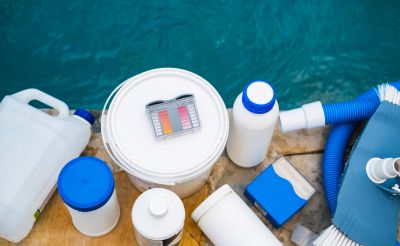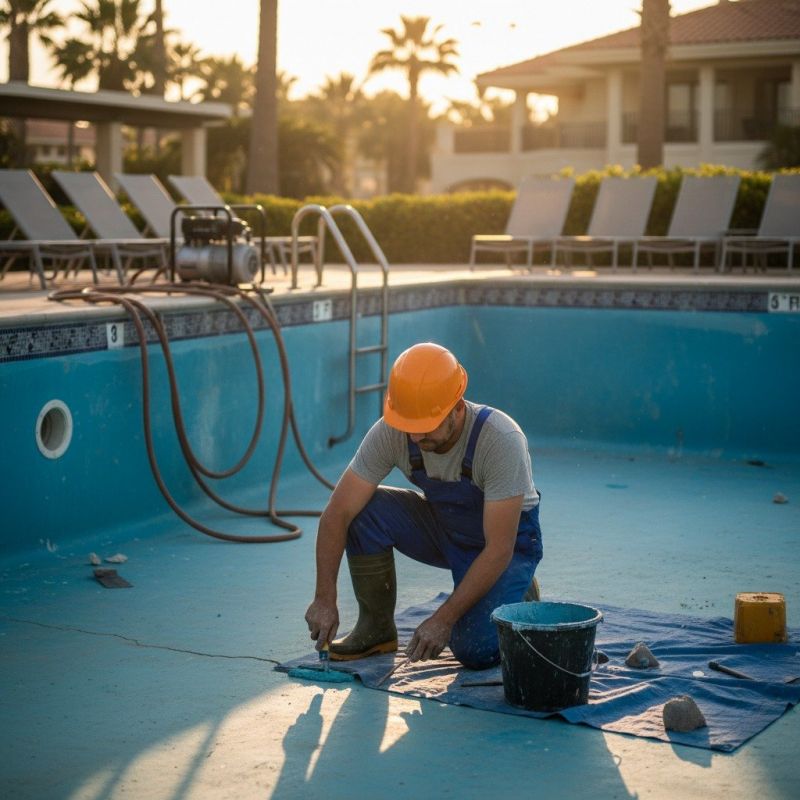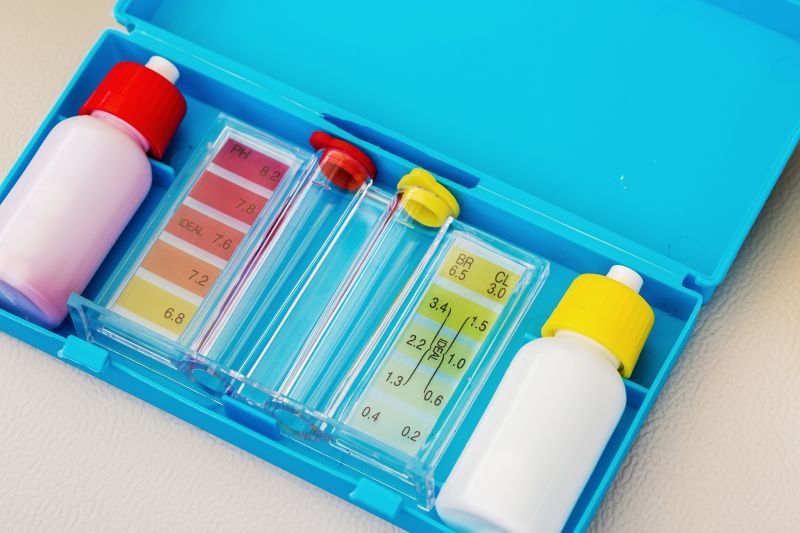Pool Water Testing Services Overview
Visitors will learn about pool water testing services and how local contractors can help maintain safe, clean pool conditions.
- - Pool owners seeking accurate water quality assessments to ensure safe and clear swimming conditions.
- - Residential properties that require regular water testing to maintain optimal pool chemistry.
- - Commercial pools or community facilities looking to connect with local water testing service providers.
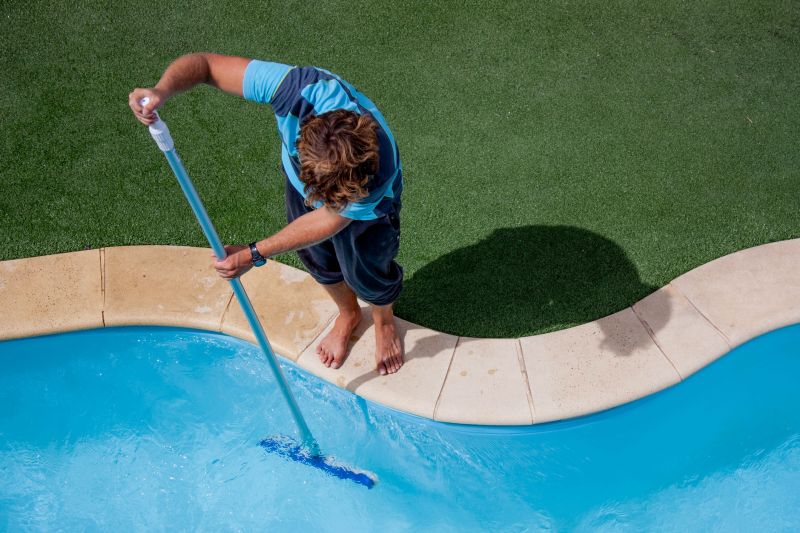
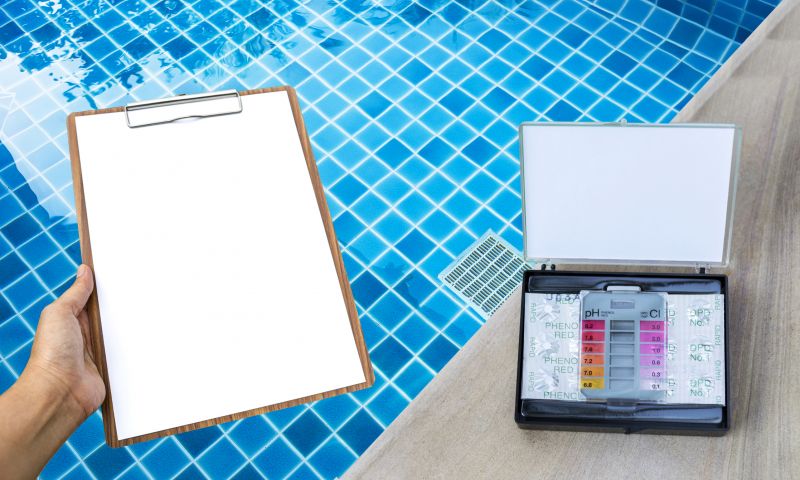
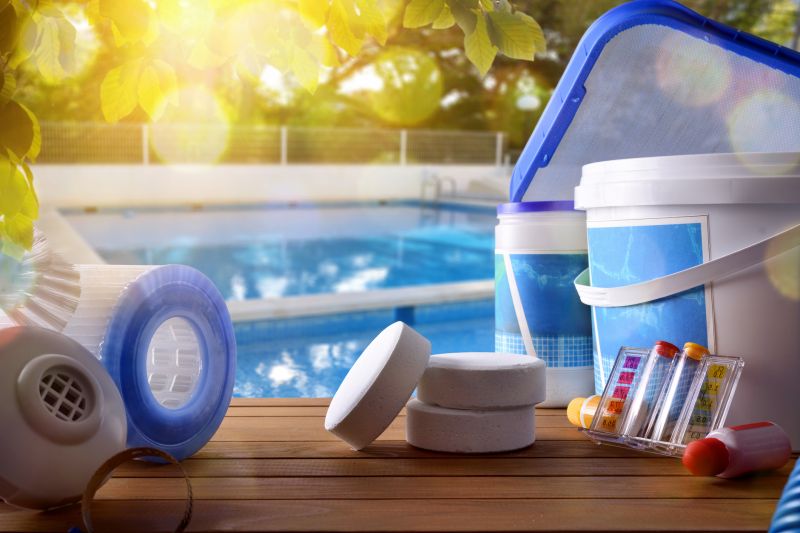
Pool water testing services involve assessing the chemical balance and quality of your pool water to ensure it remains safe and inviting. Local service providers specializing in water testing typically perform tests to measure factors such as pH levels, chlorine concentration, alkalinity, and other water chemistry parameters. Property owners often seek these services when they notice cloudy water, algae growth, or unusual odors, aiming to maintain a clean and healthy swimming environment. These professionals use specialized testing kits and equipment to provide accurate assessments, helping pool owners identify any issues that may require adjustments or additional treatment.
Connecting with experienced local contractors can help ensure your pool water remains properly balanced and safe for use. Many service providers offer routine testing as part of ongoing maintenance or one-time assessments for specific concerns. When choosing a water testing professional, property owners can expect knowledgeable experts who understand common water quality challenges and how to address them effectively. These local pros handle the testing process professionally, providing guidance on necessary chemical adjustments or further treatment options to keep your pool in optimal condition.
This guide provides helpful information to understand the basics of pool water testing and what to consider when choosing a service provider. It assists in comparing local contractors to find the right fit for your needs. By reviewing this content, visitors can better prepare to connect with qualified pool water testing professionals in their area.
